TEETH: CANARIES IN THE MINE?
What if dentists approached findings that indicate an imbalance in the mouth as a far more serious warning sign, like canaries dying in yesteryears mines?
What if dentists approached findings that indicate an imbalance in the mouth as a far more serious warning sign, like canaries dying in yesteryears mines?
Why do our attempts to deal with the challenges of our time so often fail? Why are we stuck in so many quagmires today? The cause of our collective failure is that we are blind to the deeper dimension of leadership and transformational change. This “blind spot” exists not only in our collective leadership but
Evidence indicates that poor maternal oral health can have significant consequences for a woman’s systemic health and that of her children. Similarly, transmission of oral bacteria from mother to child is well-documented and poses a risk for the development of early childhood caries, the most common chronic disease of childhood. Untreated maternal dental disease nearly
Paul Pholeros and his colleagues have been working for decades on improving health by improving the living environment and housing of Indigenous people in Australia. This successful model is now spreading to other continents. Ever since I watched this TEDx Talk, I have been wondering how we, dentists could apply similar thinking to improve health
Progress in dentistry has an intense focus on technology. And what more exciting for a dentist than a new high-tech instrument? I know. I used to say that the one who dies with the most toys wins. I was going to win this game. Early adopter across the board here! But is high-tech better? In some instances it surely is. When our patients come to the point of needing restorations, the technology that provides the best margins will benefit them for sure. But could there be better ways of benefitting our patients? This article was first published in the March 2013 issue of TEAM WORK, a Palmeri Publication.
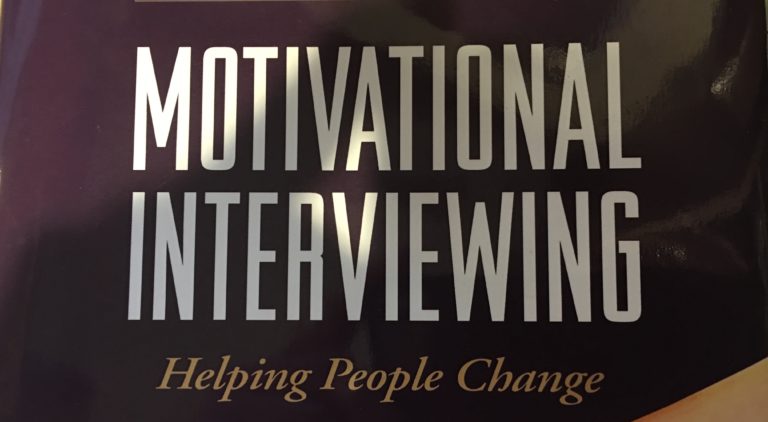
Are you frustrated that the (oral) health instructions given at dental exams rarely seem to result in positive change?
Do you feel you work harder at achieving good oral health for some of your patients than the patient does?
FInd out how Motivational Interviewing can help you help your patients.
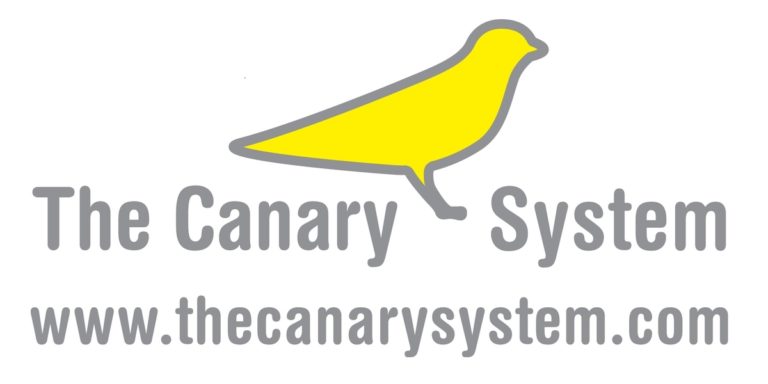
With an instrument capable of detecting caries in its early stages, dentists are able to treat problems before the decay has destroyed significant amount of tooth structure.


Progress in dentistry has an intense focus on technology. And what more exciting for a dentist than a new high-tech instrument? I know. I used to say that the one who dies with the most toys wins. I was going to win this game. Early adopter across the board here! But is high-tech better? In some instances it surely is. When our patients come to the point of needing restorations, the technology that provides the best margins will benefit them for sure. But could there be better ways of benefitting our patients? This article was first published in the March 2013 issue of TEAM WORK, a Palmeri Publication.
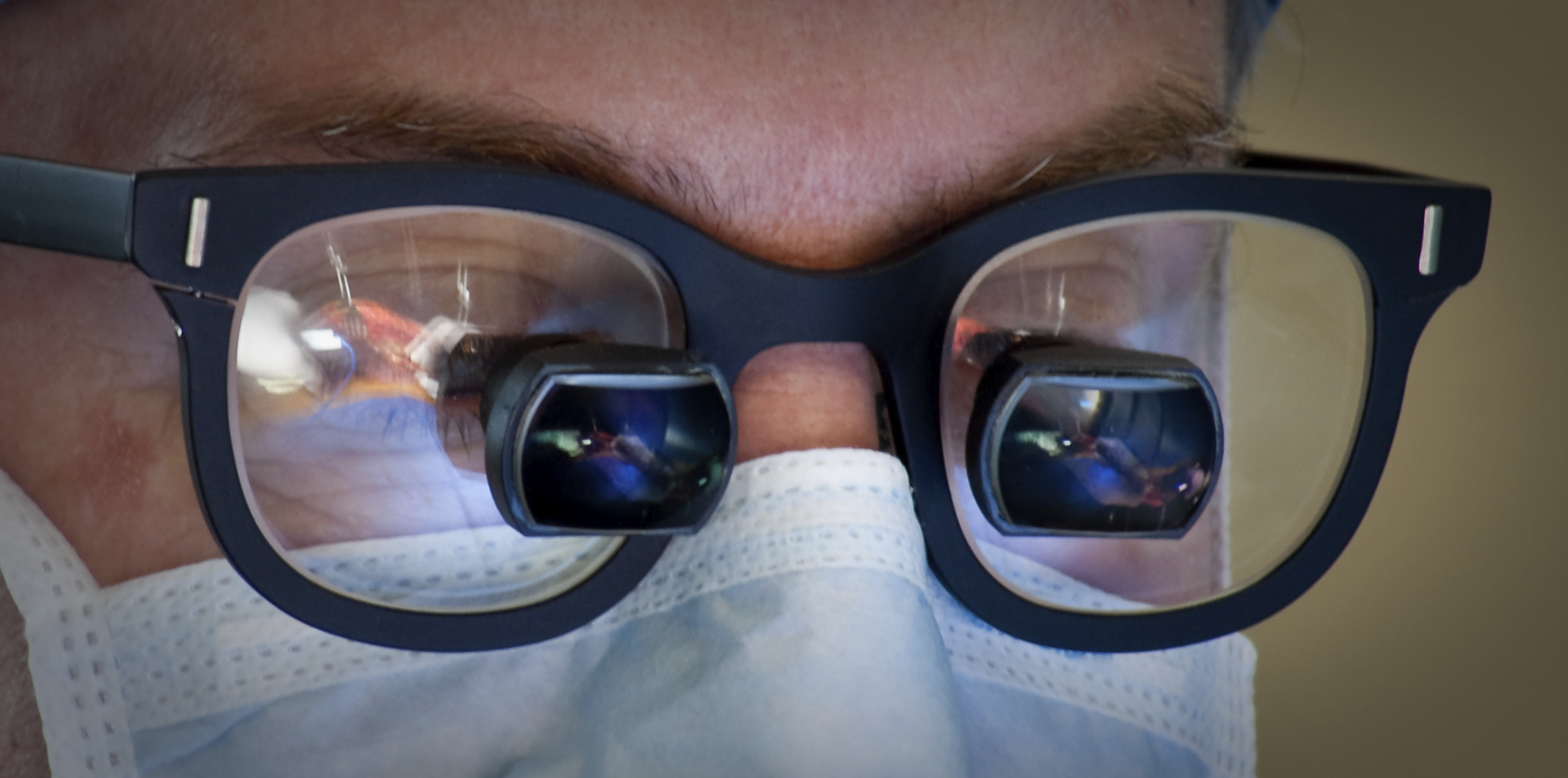

FDI President, Dr Orlando Monteiro da Silva commented: “The WHO document, in line with the 2011 UN political declaration, acknowledges that a comprehensive response for prevention and control of NCDs should take into account oral diseases, along with other conditions. This is a considerable achievement for our profession and a milestone towards the inclusion of oral health in global health.”



On May 15, 2013, Drs. Stephen Abrams and Andreas Mandelis (Professor in the Departments of Mechanical and Industrial Engineering; Electrical and Computer Engineering; and the Institute of Biomaterials and Biomedical Engineering) were recognized for their invention, The Canary System, which is changing the way dentists detect, monitor and treat tooth decay. The Canary System shines a bright light on possibilities for dentists to empower their patients to oral health and total health.


What if dentists approached findings that indicate an imbalance in the mouth as a far more serious warning sign, like canaries dying in yesteryears mines?
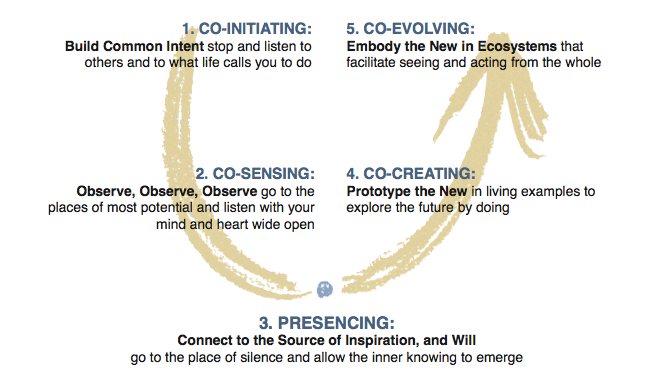

Why do our attempts to deal with the challenges of our time so often fail? Why are we stuck in so many quagmires today? The cause of our collective failure is that we are blind to the deeper dimension of leadership and transformational change. This “blind spot” exists not only in our collective leadership but
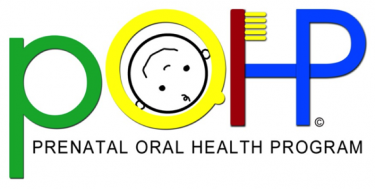

Evidence indicates that poor maternal oral health can have significant consequences for a woman’s systemic health and that of her children. Similarly, transmission of oral bacteria from mother to child is well-documented and poses a risk for the development of early childhood caries, the most common chronic disease of childhood. Untreated maternal dental disease nearly
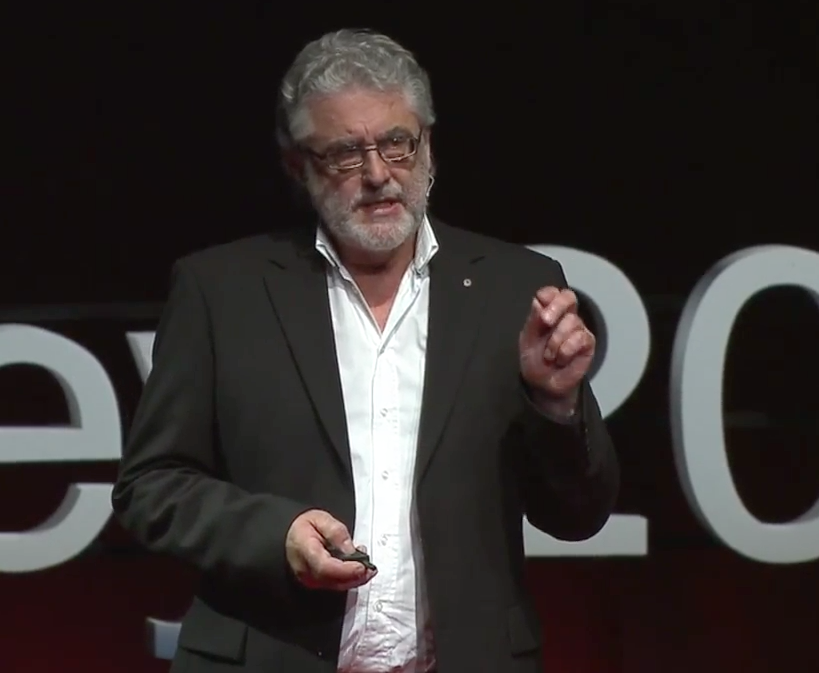

Paul Pholeros and his colleagues have been working for decades on improving health by improving the living environment and housing of Indigenous people in Australia. This successful model is now spreading to other continents. Ever since I watched this TEDx Talk, I have been wondering how we, dentists could apply similar thinking to improve health
© 2012-2025 All Rights Reserved